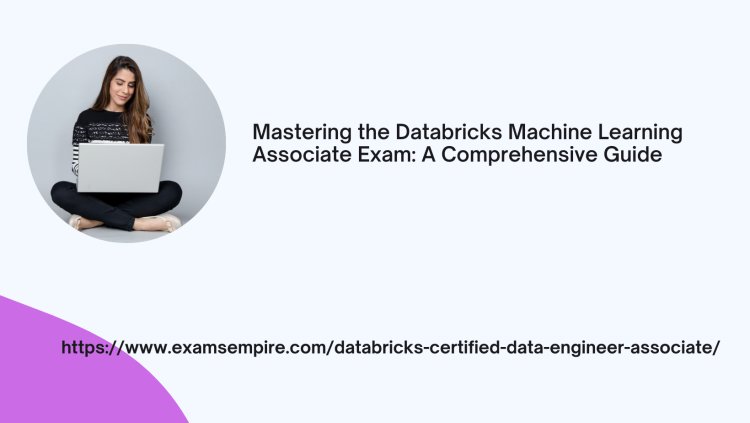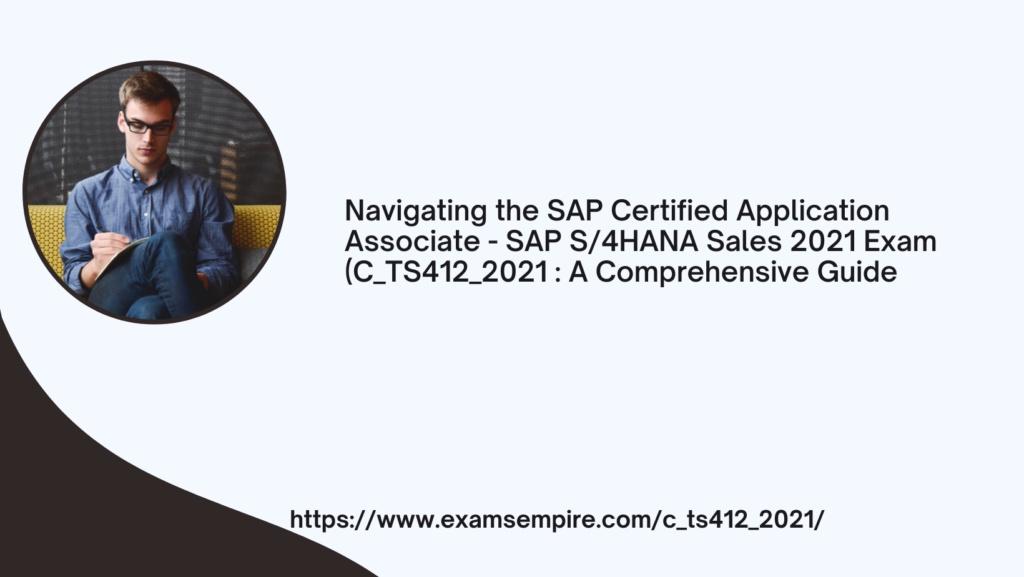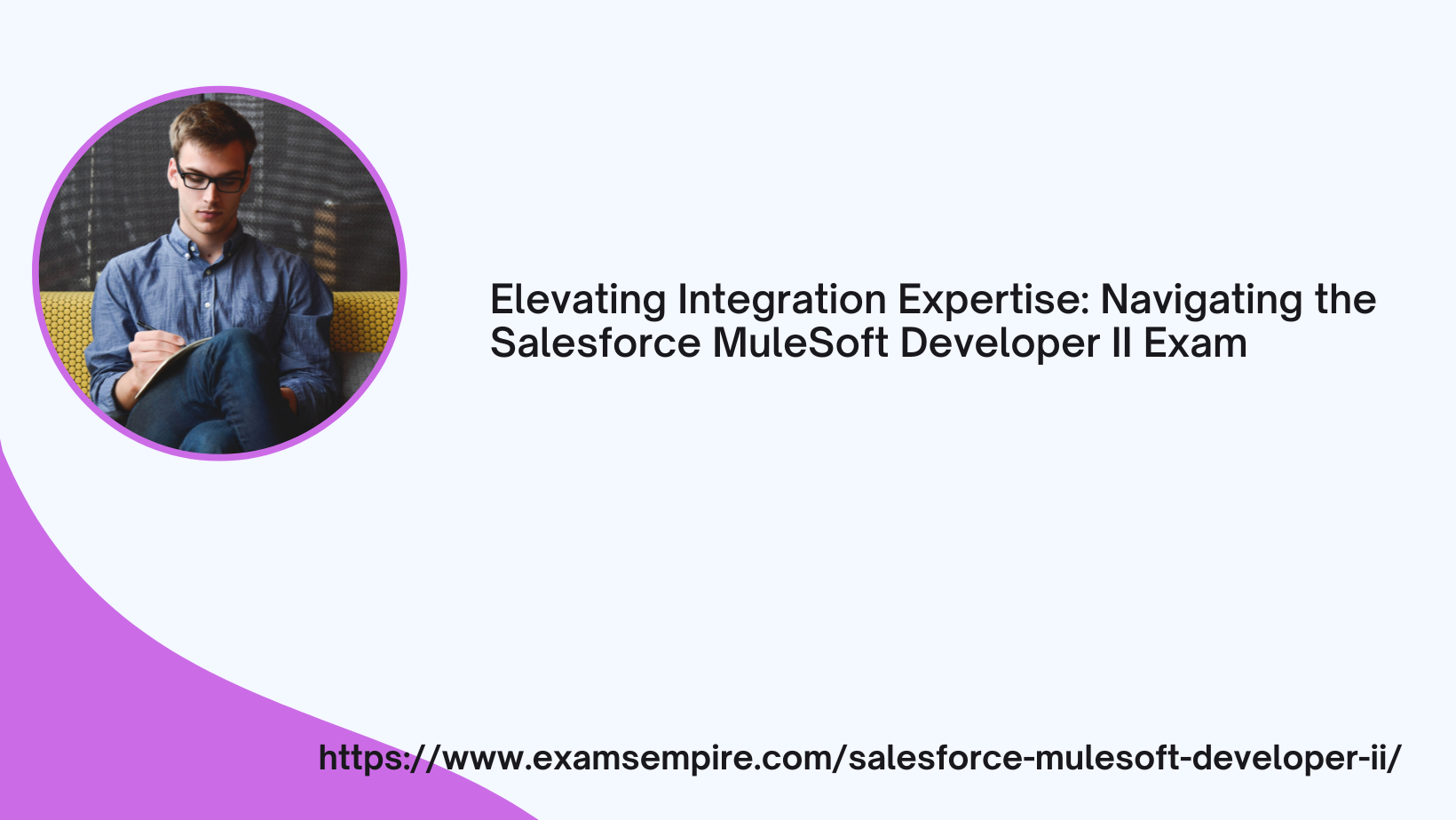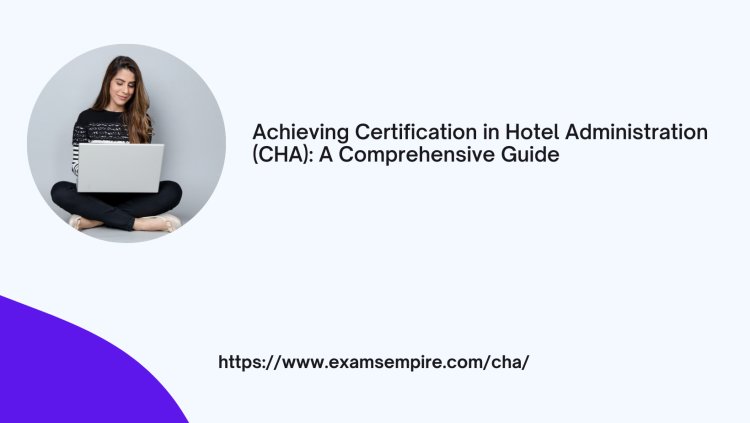The MO-110 exam, known as the Microsoft Excel (Excel and Excel 2019) exam, is part of the Microsoft Office Specialist (MOS) certification program. This exam is designed to validate your skills and knowledge in using Microsoft Excel effectively. Whether you’re looking to enhance your resume, improve your Excel proficiency for your current job, or prepare for new career opportunities, the MO-110 certification can be a significant asset.
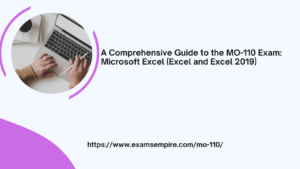
Overview of the MO-110 Exam
Objectives
The MO-110 exam tests your ability to create and manage worksheets and workbooks, manage data cells and ranges, create tables, perform operations with formulas and functions, and create charts and objects. The exam covers a wide range of topics to ensure you have a comprehensive understanding of Excel.
Exam Format
- Number of Questions: The MO-110 exam typically consists of 35-50 questions.
- Duration: You will have 50 minutes to complete the exam.
- Question Types: The exam includes various types of questions, such as multiple-choice, drag-and-drop, and hands-on lab tasks.
Skills Measured
The MO-110 exam measures the following skills:
- Manage Worksheets and Workbooks: Create and format worksheets, manage workbook options and settings, and navigate within workbooks.
- Manage Data Cells and Ranges: Insert and format data, summarize and organize data, and create named ranges.
- Manage Tables and Table Data: Create and format tables, filter and sort tables, and utilize structured references.
- Perform Operations with Formulas and Functions: Insert references, perform calculations using functions, and troubleshoot formulas.
- Manage Charts: Create and format charts, and modify chart elements.
Preparing for the MO-110 Exam
Study Resources
- Official Microsoft Learning Path: Microsoft provides a learning path specifically designed for the MO-110 exam. This includes various modules covering all the exam objectives.
- Microsoft Excel Documentation: Familiarize yourself with the official documentation and help resources provided by Microsoft.
- Practice Tests: Utilize practice exams to test your knowledge and identify areas that need improvement.
- Excel Training Courses: Many online platforms offer courses specifically tailored to the MO-110 exam. These courses often include video tutorials, hands-on exercises, and practice tests.
Hands-On Practice
Excel is a practical tool, and hands-on experience is crucial for success in the MO-110 exam. Practice creating and managing workbooks, using formulas and functions, and working with tables and charts. Try to apply what you learn in real-world scenarios to reinforce your understanding.
Tips for Success
- Understand the Objectives: Ensure you are familiar with all the skills measured by the exam.
- Time Management: Practice completing tasks within the time limit to build your speed and accuracy.
- Use Keyboard Shortcuts: Learning Excel keyboard shortcuts can save you time and improve your efficiency.
- Review and Revise: Regularly review what you have learned and focus on areas where you feel less confident.
Taking the MO-110 Exam
Registration
You can register for the MO-110 exam through the Certiport or Pearson VUE websites. Choose a convenient date and location for your exam.
Exam Day
- Arrive Early: Arrive at the testing center early to allow time for check-in procedures.
- Stay Calm: Read each question carefully and manage your time effectively.
- Use Available Tools: Utilize any available tools, such as the on-screen calculator and Excel’s built-in functions.
Achieving the MO-110 certification can significantly enhance your Excel skills and open up new career opportunities. With thorough preparation and hands-on practice, you can confidently approach the exam and achieve success. Start your journey today and take a significant step towards becoming a Microsoft Office Specialist in Excel.
